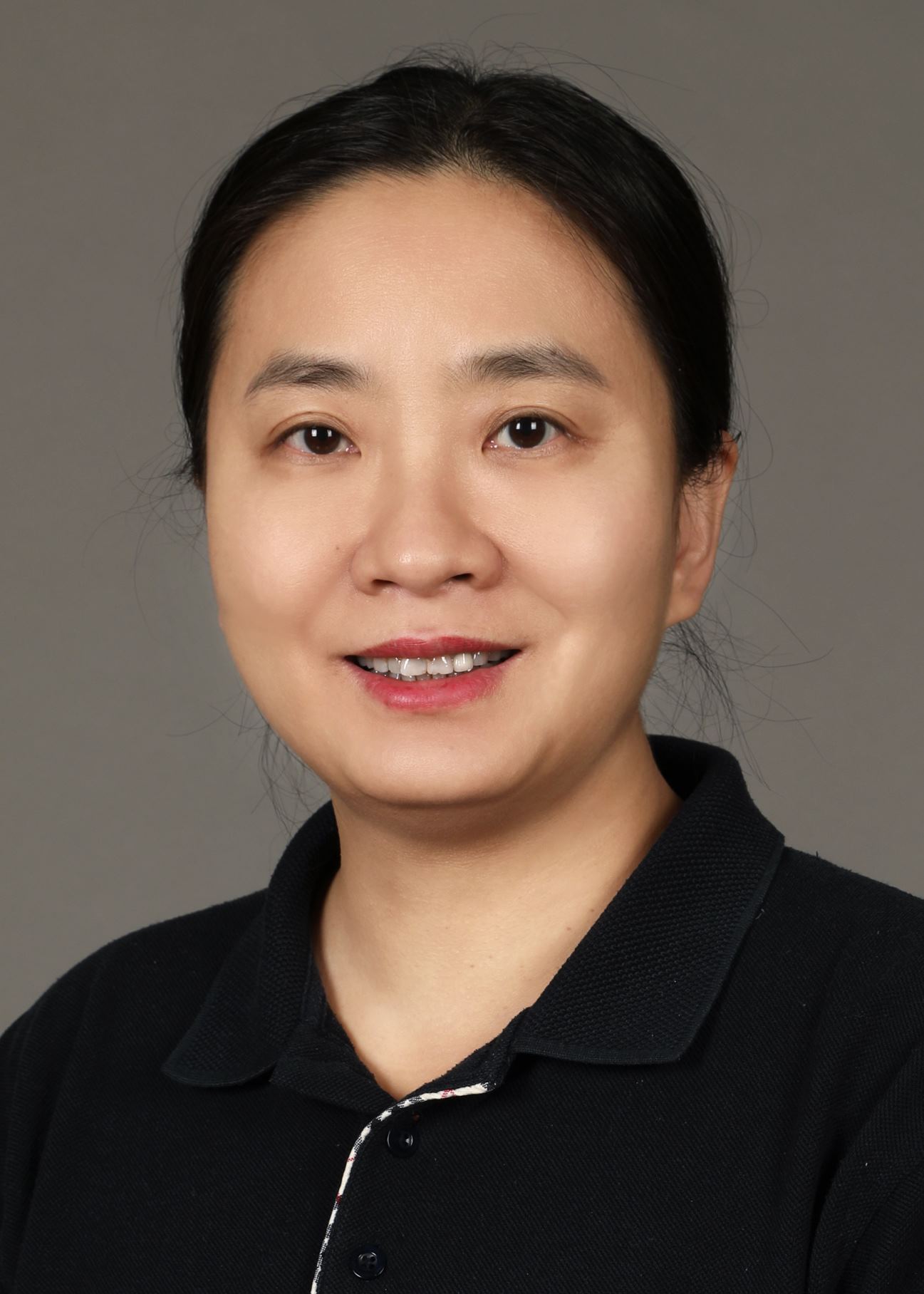


Ph.D.Supervisor
Email: gewei@ibms.cams.cn
Phone: 010 6915 6470
Affiliated State Key Laboratories: The State Key Laboratory for Complex, Severe, and Rare Diseases,
Technology field and major achievements:
Wei Ge graduated from the Department of Chemistry of Beijing Normal University with a bachelor's degree, then conducted her graduate studies at University of Oxford with Professor Sir Jack. E. Baldwin, and received her DPhil degree in 2005. From 2005 to 2012, Wei Ge performed postdoctoral research in Professor Christopher J Schofield (FRS) group at University of Oxfrd. In 2013, she joined the Institute of Basic Medicine CAMS as full Professor and principal investigator.
Professor Ge has been focusing on the neuroimmune mechanisms of neurodegenerative diseases in the Chinese brain and the immune response mechanisms involved in colorectal cancer development. She has published 80 papers as the corresponding author in journals such as Nature Communications, Alzheimer’s & Dementia, Advanced Science, and Cell eports, and holds three international invention patents. She has led two National Natural Science Foundation General Projects and one Novo Nordisk Foundation Talent Fund Project, and has been a key researcher in two National Natural Science Foundation projects and two CAMS Innovation Fund for Medical Sciences.
In terms of talent cultivation, her research group has trained four postdoctoral researchers and twenty graduate students. Among them, seven students have received the National Scholarship, and four have been recognized as Outstanding Graduates of Beijing. Additionally, one student received funding from Postdoctoral Innovation Talent Support Program, one was selected for the Postdoctoral Fellowship Program of CPSF, one was named a Hong Kong Scholar, and one was named a PUMC Young Scholar. The students have also secured eight internal funding awards.
Representativeness:
1. Wang, X., Wang, J., Chen, Y., Qian, X., Luo, S., Wang, X., Ma, C., & Ge, W. (2024). The aldehyde dehydrogenase 2 rs671 variant enhances amyloid β pathology. Nature communications, 15(1), 2594. https://doi.org/10.1038/s41467-024-46899-0
2. Liu, H., Li, J., Wang, X., Luo, S., Luo, D., Ge, W., & Ma, C. (2024). Profiling of long non-coding RNAs in hippocampal-entorhinal system subfields: impact of RN7SL1 on neuroimmune response modulation in Alzheimer's disease. Journal of neuroinflammation, 21(1), 84. https://doi.org/10.1186/s12974-024-03083-x
3. Wang, J. Y., Li, J. Y., Luo, D., Huang, M. Y., Ao, D. H., Liu, X. N., Wang, X., Ge, W., & Zhu, Y. C. (2023). Extracellular Vesicles Play a Central Role in Cerebral Venous Disease-Associated Brain Atrophy. Advanced science (Weinheim, Baden-Wurttemberg, Germany), 10(27), e2301574. https://doi.org/10.1002/advs.202301574
4. Luo, D., Li, J., Liu, H., Wang, J., Xia, Y., Qiu, W., Wang, N., Wang, X., Wang, X., Ma, C., & Ge, W. (2023). Integrative Transcriptomic Analyses of Hippocampal-Entorhinal System Subfields Identify Key Regulators in Alzheimer's Disease. Advanced science (Weinheim, Baden-Wurttemberg, Germany), 10(22), e2300876. https://doi.org/10.1002/advs.202300876
5. Pan, M., Xiao, T., Xu, L., Xie, Y., & Ge, W. (2023). UTP18-mediated p21 mRNA instability drives adenoma-carcinoma progression in colorectal cancer. Cell reports, 42(5), 112423. https://doi.org/10.1016/j.celrep.2023.112423
6. Liu, H., Xie, Y., Wang, X., Abboud, M. I., Ma, C., Ge, W., & Schofield, C. J. (2022). Exploring links between 2-oxoglutarate-dependent oxygenases and Alzheimer's disease. Alzheimer's & dementia : the journal of the Alzheimer's Association, 18(12), 2637–2668. https://doi.org/10.1002/alz.12733
7. Wang, X., Han, C., Jia, Y., Wang, J., Ge, W., & Duan, L. (2021). Proteomic Profiling of Exosomes From Hemorrhagic Moyamoya Disease and Dysfunction of Mitochondria in Endothelial Cells. Stroke, 52(10), 3351–3361. https://doi.org/10.1161/STROKEAHA.120.032297
8. Zhang, P., Zhang, Y., Pan, M., Liu, Z., Li, J., Peng, L., Zhou, J., Hu, C., Liu, S., Zeng, X., Ge, W., & Zhang, W. (2021). Proteomic analyses of plasma-derived exosomes in immunoglobulin (Ig) G4-related disease and their potential roles in B cell differentiation and tissue damage. Journal of autoimmunity, 122, 102650. https://doi.org/10.1016/j.jaut.2021.102650
9. Zhong, M. E., Chen, Y., Xiao, Y., Xu, L., Zhang, G., Lu, J., Qiu, H., Ge, W., & Wu, B. (2019). Serum extracellular vesicles contain SPARC and LRG1 as biomarkers of colon cancer and differ by tumour primary location. EBioMedicine, 50, 211–223. https://doi.org/10.1016/j.ebiom.2019.11.003
10. Xiong, F., Ge, W., & Ma, C. (2019). Quantitative proteomics reveals distinct composition of amyloid plaques in Alzheimer's disease. Alzheimer's & dementia : the journal of the Alzheimer's Association, 15(3), 429–440. https://doi.org/10.1016/j.jalz.2018.10.006